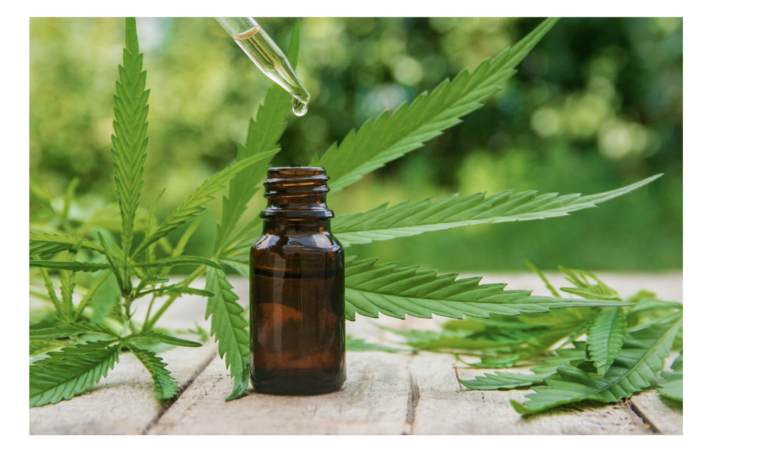A Comprehensive Buyer’s Guide: Is CBN Legal?

Navigating the complex world of cannabis-related products can be a challenging endeavor. With a plethora of compounds, each with its legal status and benefits, it’s easy to get lost. If you’ve recently stumbled upon Cannabinol (CBN), you might find yourself asking, “Is CBN legal?”
We’ve got you. Let’s explore this together and provide clarity on the legality of CBN.
The Legal Status of CBN
The legal status of CBN can be a bit tricky. It’s important to note that cannabis and its derivatives are still illegal under federal law in the United States.
However, there is a growing acceptance and legalization of cannabis for medicinal and recreational use at the state level. This means that some forms of CBN may be legal in certain states.
In general, CBN is not technically illegal at the federal level, its legality can vary from state to state. So when buying bulk CBN isolate, make sure to check the laws of your state to ensure compliance and avoid any legal issues.
Understanding the Different Types of CBN
To understand cannabinol legality, it’s essential to first distinguish between the different types of this compound. There are two primary types of CBN:
Hemp-Derived CBN
Hemp-derived CBN is extracted from industrial hemp plants. As long as the hemp plant contains less than 0.3% THC (tetrahydrocannabinol), it is considered legal under federal law. This means that CBN derived from hemp is also federally legal.
Marijuana-Derived CBN
Marijuana-derived CBN is extracted from the marijuana plant. As mentioned earlier, cannabis and its derivatives are still illegal under federal law. This includes CBN derived from marijuana.
However, some states have legalized the use of marijuana for medicinal or recreational purposes. In these states, marijuana-derived CBN may be legal as long as it complies with state laws.
Potential Legal Risks
Even in states where cannabis is legal, there can still be potential legal risks associated with using CBN. This could include being pulled over while driving with CBN products or crossing state lines with them.
Cannabinoid regulations may also depend on their marketing and labeling. For example, making false claims about the health benefits of CBN products can result in legal consequences.
Legal Considerations
There are also legal considerations to keep in mind when dealing with CBN.
For instance, the use of CBN in food, beverages, and dietary supplements is still not approved by the Food and Drug Administration (FDA). Even if your state has legalized cannabis, selling food or beverages infused with CBN could get you in trouble with federal law.
Moreover, buying or selling CBN products across state lines or international borders can also raise legal issues. Even if cannabis is legal in both areas, the act of transporting it across these borders could be a violation of federal law.
Legal Uses of CBN
Despite the challenges and potential risks, there are legal uses of CBN. As mentioned earlier, hemp-derived CBN is federally legal as long as it contains less than 0.3% THC.
Some states have also approved the use of medical marijuana. Some may include marijuana-derived CBN products. These products can be sleep aids or used to treat various health conditions such as chronic pain.
Is CBN Legal? It Depends
Is CBN legal? The legality of CBN is heavily dependent on its source and location.
So always remember to check your local and state laws before purchasing or using CBN products to avoid legal complications. Stay informed and stay safe as you navigate the complex landscape of cannabis-related products.
Was this article helpful? If so, check out the rest of our site for more.
